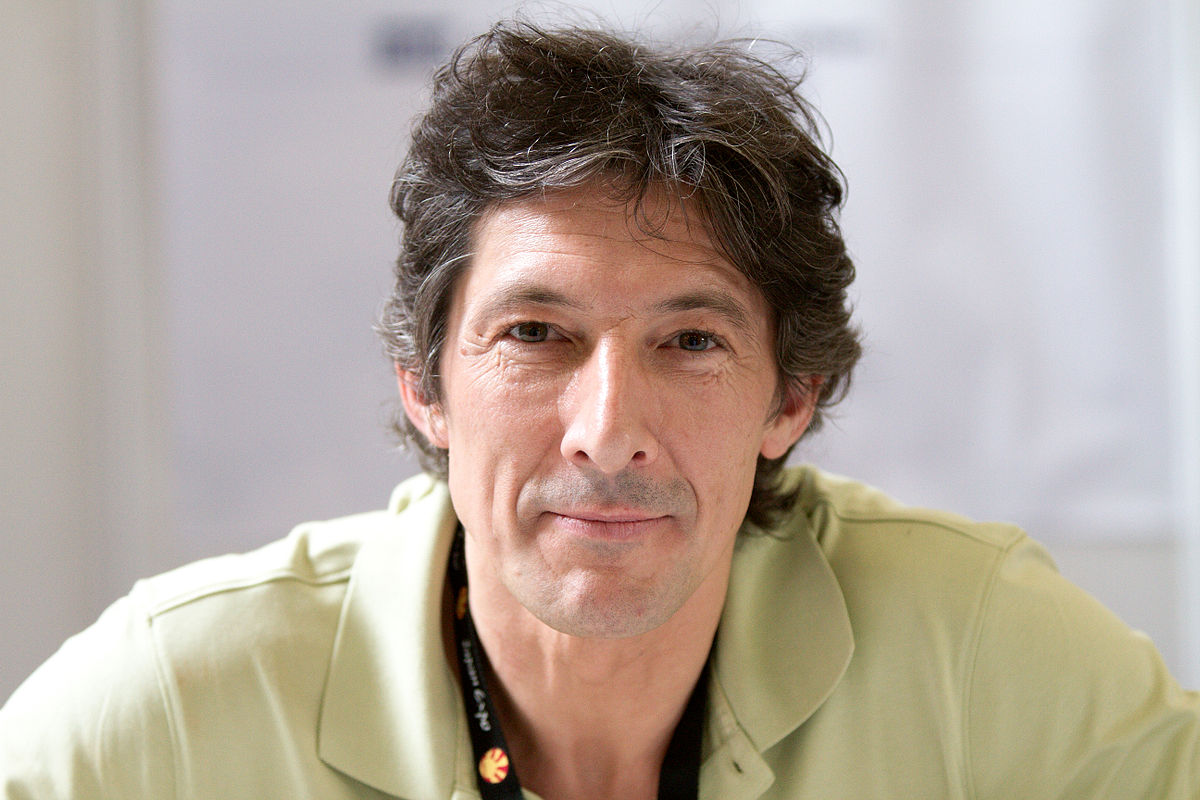avicenna1515
New Member
- Joined
- Nov 18, 2021
- Messages
- 6
- Reaction score
- 4
Hi all, I've been lurking on this site for a little while now and debating whether to post this, but here goes. I'm a "doctor". Should I go to medical school a second time? To make a very long story short: I am originally from what our former president would have called a $***hole country, I graduated with my medical degree at 23 years, this was now almost 15 years ago. However, I did not complete my country's equivalent of medical residency because my family fled for political and safety reasons shortly after I graduated. Since then, I have worked a variety of jobs, though now I am in consulting with a well-known firm (I apologize, I am being vague as I haven't told anyone at work I am considering this yet).
To be totally honest, I hate my job. I do not feel like I am adding value to society and I have a lot of problems with what my firm does. I am only here because for a long time my only goal was to make money and support my family, but I have enough money now to comfortably not work for the rest of my life. I will admit I have played the "doctor" card half-jokingly on more than one occasion (mostly as a "fun fact" as I don't feel I have earned the right to use the title day-to-day), I'm sure it has helped me get my foot in some doors. But also, I think I identify with it because that was always my dream as a kid, before circumstances chose differently for me. I have been thinking a lot recently about whether there is any way for me to get back.
I am a US citizen now, but I don't think any US residency would recognize my medical degree because (1) my country is not well-regarded under any international metric, and (2) it was almost 15 years ago and I have forgotten basically everything anyway. The education I received probably is not up to US standards, I have looked at some USMLE questions and most of the time I have never even heard of what they are talking about.
So I'm wondering: is there any way for me to get into medicine in the US? What will medical schools think if I apply already technically being a doctor?
To be totally honest, I hate my job. I do not feel like I am adding value to society and I have a lot of problems with what my firm does. I am only here because for a long time my only goal was to make money and support my family, but I have enough money now to comfortably not work for the rest of my life. I will admit I have played the "doctor" card half-jokingly on more than one occasion (mostly as a "fun fact" as I don't feel I have earned the right to use the title day-to-day), I'm sure it has helped me get my foot in some doors. But also, I think I identify with it because that was always my dream as a kid, before circumstances chose differently for me. I have been thinking a lot recently about whether there is any way for me to get back.
I am a US citizen now, but I don't think any US residency would recognize my medical degree because (1) my country is not well-regarded under any international metric, and (2) it was almost 15 years ago and I have forgotten basically everything anyway. The education I received probably is not up to US standards, I have looked at some USMLE questions and most of the time I have never even heard of what they are talking about.
So I'm wondering: is there any way for me to get into medicine in the US? What will medical schools think if I apply already technically being a doctor?

